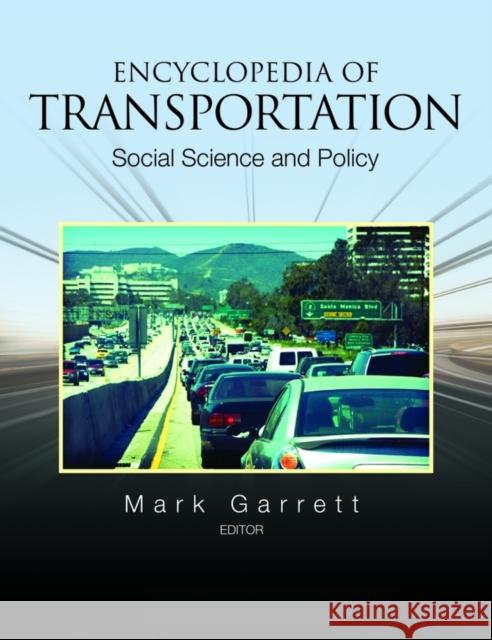Encyclopedia of Transportation: Social Science and Policy » książka
Encyclopedia of Transportation: Social Science and Policy
ISBN-13: 9781452267791 / Angielski / Twarda / 2014 / 2048 str.
Viewing transportation through the lens of current social, economic, and policy aspects, this four-volume reference work explores the topic of transportation across multiple disciplines within the social sciences and related areas, including geography, public policy, business, and economics. The book's articles, all written by experts in the field, seek to answer such questions as: What has been the legacy, not just economically but politically and socially as well, of President Eisenhower's modern interstate highway system in America? With that system and the infrastructure that supports it now in a state of decline and decay, what's the best path for the future at a time of enormous fiscal constraints? Should California politicians plunge ahead with plans for a high-speed rail that every expert says-despite the allure-will go largely unused and will never pay back the massive investment while at this very moment potholes go unfilled all across the state? What path is best for emerging countries to keep pace with dramatic economic growth for their part? What are the social and financial costs of gridlock in our cities? Features: Approximately 675 signed articles authored by prominent scholars are arranged in A-to-Z fashion and conclude with Further Readings and cross references. A Chronology helps readers put individual events into historical context; a Reader's Guide organizes entries by broad topical or thematic areas; a detailed index helps users quickly locate entries of most immediate interest; and a Resource Guide provides a list of journals, books, and associations and their websites. While articles were written to avoid jargon as much as possible, a Glossary provides quick definitions of technical terms. To ensure full, well-rounded coverage of the field, the General Editor with expertise in urban planning, public policy, and the environment worked alongside a Consulting Editor with a background in Civil Engineering











